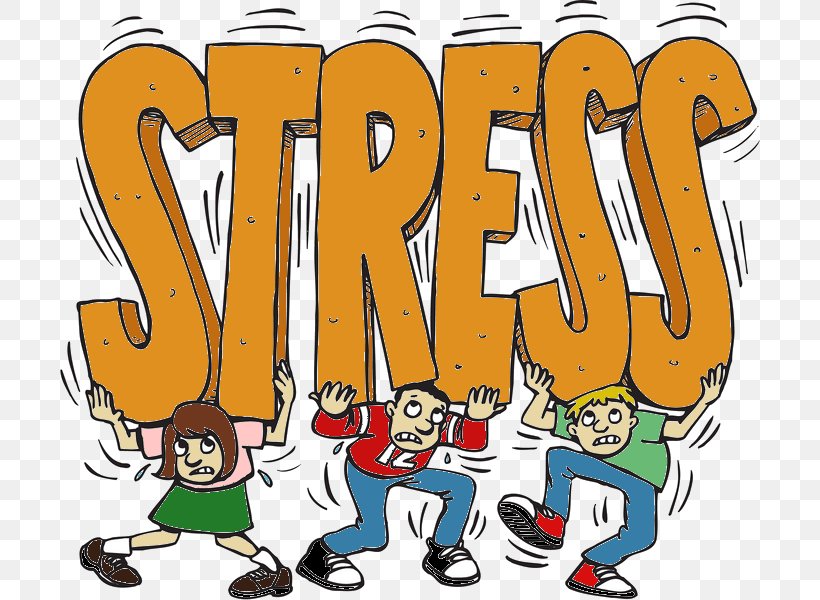
A Google Search of the word EMPATHY turned up about 26,10,00,000 results in less than a second.
“I’ve learned that people will forget what you said, people will forget what you did, but people will never forget how you made them feel” said Maya Angelou
The pandemic has taught us that in order to have a compassionate world, empathy is important.
What is Empathy?
It is:
- the capacity to understand or feel what another person is experiencing from within their frame of reference,
- to place oneself in another’s position or in their shoes.
Origin
The concept of empathy was first introduced in the mid-19th century – the German word “Einfühlung” to describe the “knowing” of a work of art from within, by feeling an emotional resonance with the work of art.
At the end of the 19th century, the psychologist Theodore Lipps expanded this concept to mean “feeling one’s way into the experience of another”
The philosopher Martin Buber added deeper texture by describing an empathic relationship as humane respect and concern and contrasted it with unempathic disrespect of objectification and dehumanization of another person, which is in evidence too often today.
Can Empathy be Learnt?
In the past, empathy was considered an inborn trait that could not be taught, but research has proven that it is a learned skill that can be cultivated.
Over the last decade, neuroscientists have identified a 10-section “empathy circuit” in our brains that enhances our ability to understand what other people are feeling.
We are primed for empathy by strong attachment relationships in the first two years of life. But empathy doesn’t stop developing in childhood. We can nurture its growth throughout our lives.
How Can One Be Empathetic?
The way to be empathetic is to Be Mindful….to Be Perceptive…..Be Non-Judgmental…..Be Vulnerable
Be Perceptive
- Perceive Immersively by Listening
- Listen with a genuine desire to understand
- Listen without framing a response in your mind
- Listen to what is said as well as what is not being said
- L-I-S-T-E-N by being S-I-L-E-N-T
Be Non-Judgmental
- Overcome Biases by Understanding
- Withhold snap judgement
- Do not bring in past filters or prejudices or experiences
- Gain a deeper understanding of someone else’s perspective
Be Vulnerable
- Remove our mask to reveal our true feelings creates a strong empathic bond
- Exchange most important beliefs and experiences.
Why Empathy?
It provides an emotional bridge; enhances our innate capacities at building bonds; and enables sharing of experiences.
Empathy leads to replenishment and renewal of our human capacities.
It fortifies our social fabric and strengthens individual, community, national, and international bonds.
It can be used as a radical force for social transformation.
Empathy can be cultivated to improve the quality of our lives and that of others.
As the Dalai Lama said, “Love and compassion are necessities not luxuries. Without them humanity cannot survive”
Empathy will most likely flower on a collective scale if its seeds are planted in our children. The world’s most effective empathy teaching program for children is the Roots of Empathy Program in Canada. This has improved their emotional intelligence & academic achievement and reduced playground bullying, significantly.
Companies too, can be ambitious with their empathetic thinking. In an era of rapid technological change, mastering empathy is the key business survival skill because it underpins successful teamwork and leadership. (Bill Drayton, the father of social entrepreneurship). His influential Ashoka Foundation has launched the Start Empathy initiative, which is taking its ideas to business leaders, politicians and educators worldwide. Our collaborative flair stems from empathy: the capacity to share, understand, and care about what others feel.
In a Divided World, We Need to Choose Empathy.
Empathy is a choice – a vulnerable choice. But, it is powerful.
It is like a muscle that we can build or leave to atrophy.
Are we working out our care muscles?
How empathetic are you?
If you would like to measure your Empathy Quotient, you can check it out at any one of these:
60-item questionnaire, developed by Simon Baron-Cohen at the University of Cambridge.
28-item questionnaire that draws from three scientifically validated empathy scales: the Toronto Empathy Questionnaire (Nathan Spreng); the Interpersonal Reactivity Index (Mark Davis); and the Emotion Specific Empathy Questionnaire (Sally Olderbak)
Resources
https://www.ncbi.nlm.nih.gov/pmc/articles/PMC5513638/
https://greatergood.berkeley.edu/article/item/in_a_divided_world_we_need_to_choose_empathy
https://greatergood.berkeley.edu/article/item/six_habits_of_highly_empathic_people1
https://www.youtube.com/watch?v=fRSHUdict8E




 British Airways in honour of fathers, recently staffed an entire flight with fathers and children who were in its employ.
British Airways in honour of fathers, recently staffed an entire flight with fathers and children who were in its employ.

